
Transcription
HARLAN RICHARDS
January 16, 2012
HOW MUCH POWER DO WISCONSIN JUDGES HAVE TO REIN IN EXCESSES BY PRISON OFFICIALS?
It has now been six months since I obtained a court order to return me to the pre-release center from which I was removed in January 2011 (I had spent 9 years in minimum security and was returned to medium security based on my current offense and prior criminal record). Yet I am still being held in the worst prison I've been in since I left maximum security in 1993. Let me explain.
I have been in prison over 27 years for stabbing a man in a fight. I first went to minimum security in 2002. I have spent 19 months out in the community on work release and drove a state van over 30,000 miles unescorted all over northwestern Wisconsin in 2010. I expected to be released on parole in 2011.
Instead the parole commission increased the length of my parole defer from 8 to 12 months (the interval before the next release consideration) based solely on my current offense and prior criminal record. I was removed from a pre-release center and sent to Stanley.
I filed certiorari review by the state court - a standard type of action prisoners file to challenge an administrative decision made by a prison official. In July 2011, I received a court order to return me to Gordon, the name of the center where I was previously housed. I am attaching a copy of that order. However, Mark Heise (the person in charge) refused to return me.
There is a funny little quirk in state certiorari actions. The court's only authority is limited to reversing and remanding the action back to the official who made the initial decision. Once it is remanded, the court has no further authority to enforce its pronouncement. When Mr. Heise refused to obey the court order my only recourse was to file another certiorari action which would - you guessed it - have the authority to reverse and remand the most recent decision. And so on. I can win reversals from now until kingdom come and still be at Stanley.
My only chance is to file a federal civil rights action under 42 U.S.C. 1983. This can be filed either in state or federal court. I chose state court because the action could proceed faster in state court. Since I already won on the merits I assumed that it would be pro forma, file the paperwork and get an enforceable order. Wrong! By luck of the draw, my case was assigned to a judge who chose to misapply the law to block me from proceeding.
The Wisconsin Prison Litigation Reform Act (PLRA) was enacted during the get-tough-on-crime hysteria of the 1990s to enable judges to block prisoners from the courts. The legislation presupposes that a judge will impartially apply the law to the facts to screen out meritless litigation before extensive court proceedings occur. When a biased judge, such as I encountered in this case, wants to block a prisoner out of spite, he can do so with impunity.
The standard of review which a judge should apply is thus: taking all facts as true, and giving the laws the most liberal construction possible, does the action state a claim upon which relief may be granted? It's pretty hard to flunk this test if it is administered fairly and impartially. In this case, the judge refused to accept the facts given as true and instead inserted additional inaccurate information (which could only have been obtained through ex parte communications - another judicial no-no) stating that I had already been returned to minimum security upon which to base his decision. It was an obvious falsity because I'm still in Stanley! He then went on to misstate the law on due process and equal protection to bolster his ruling.
This judge knows it will take me 6 months to a year to get a decision from the appellate court and another 6 months to a year to get back to the trial court before I can even hope to get a court-ordered return to a pre-release center. I turn 58 tomorrow. How many more years of my life will be bled away from me while I languish in this horrendous place? Too many, it looks like.
So to answer my title question, judges have very little power to protect prisoners from arbitrary action by DOC officials but broad latitude to aid and abet that mindless oppression.
(NOTE: the associated court brief PDF has not been transcribed here as I am not sure of any laws associated with converting those types of documents. You can view the original court document in the original scanned post. JR (transcriber)
Other posts by this author
|
2021 jun 25

|
2021 may 25

|
2021 apr 23
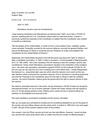
|
2021 feb 19
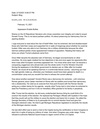
|
2021 feb 17
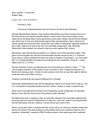
|
2021 feb 15
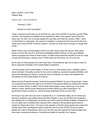
|
More... |
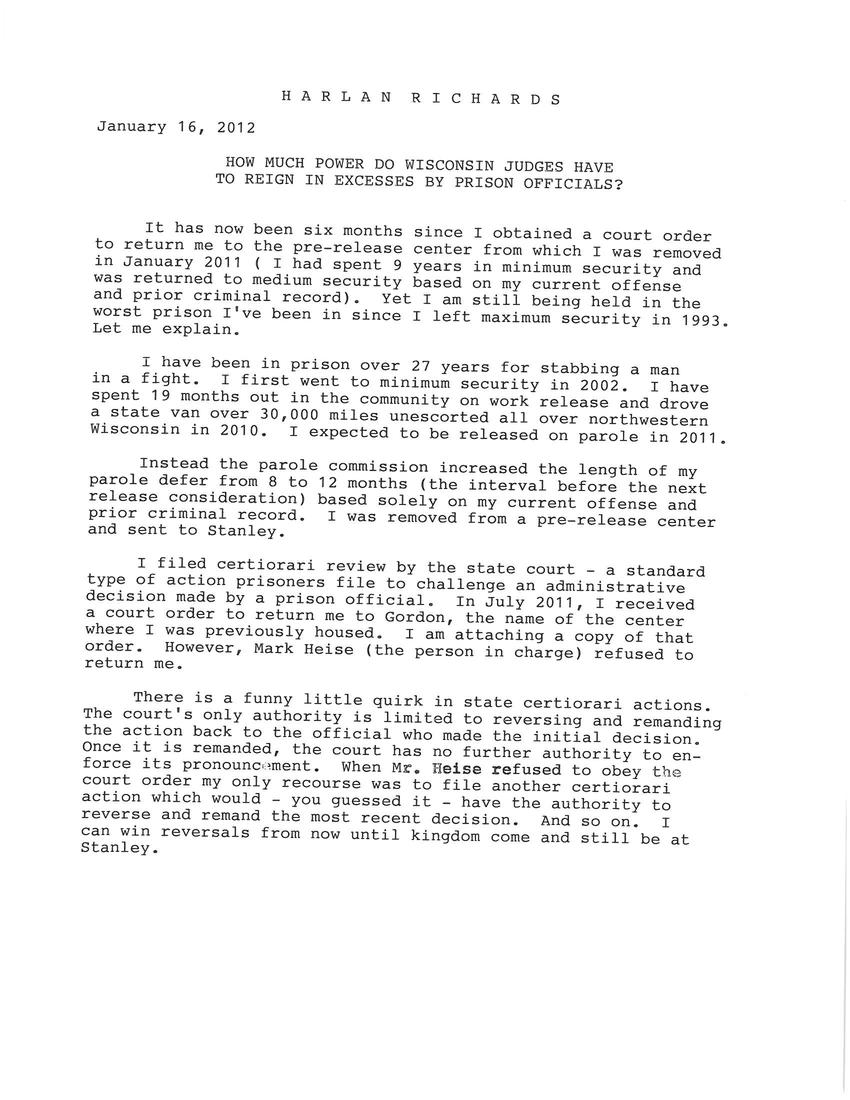
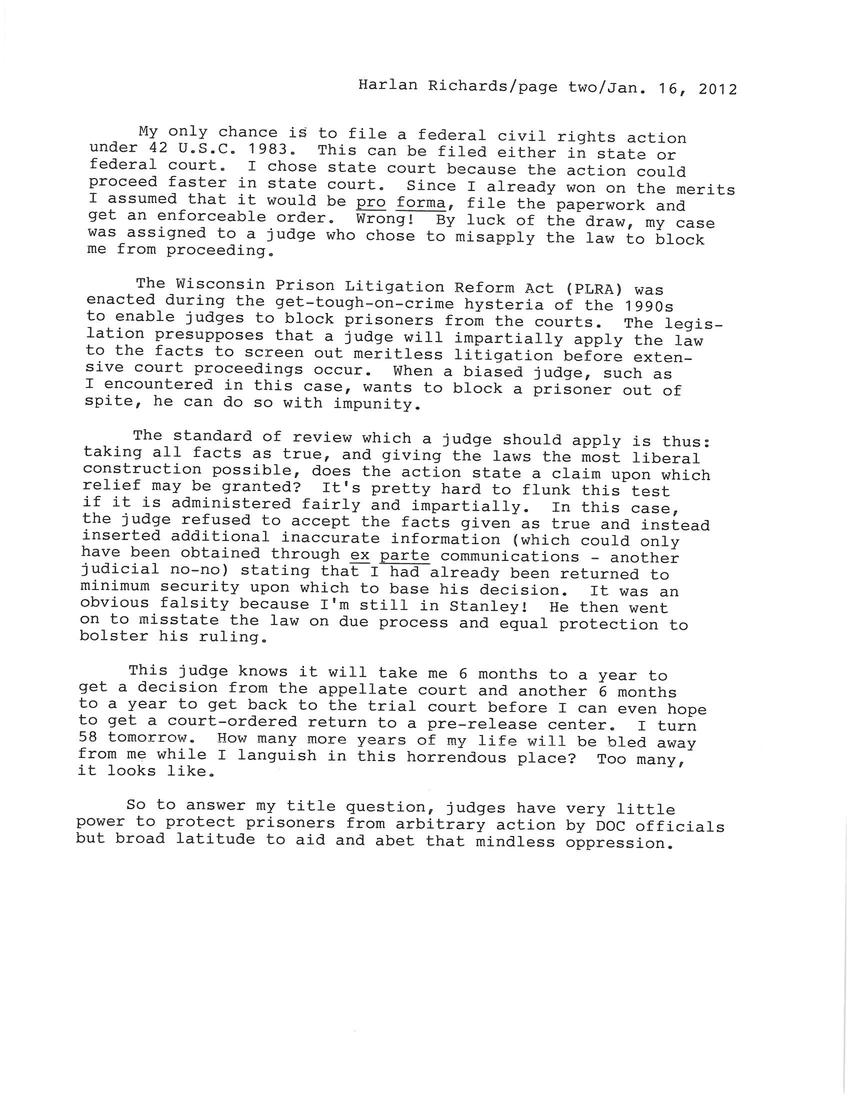
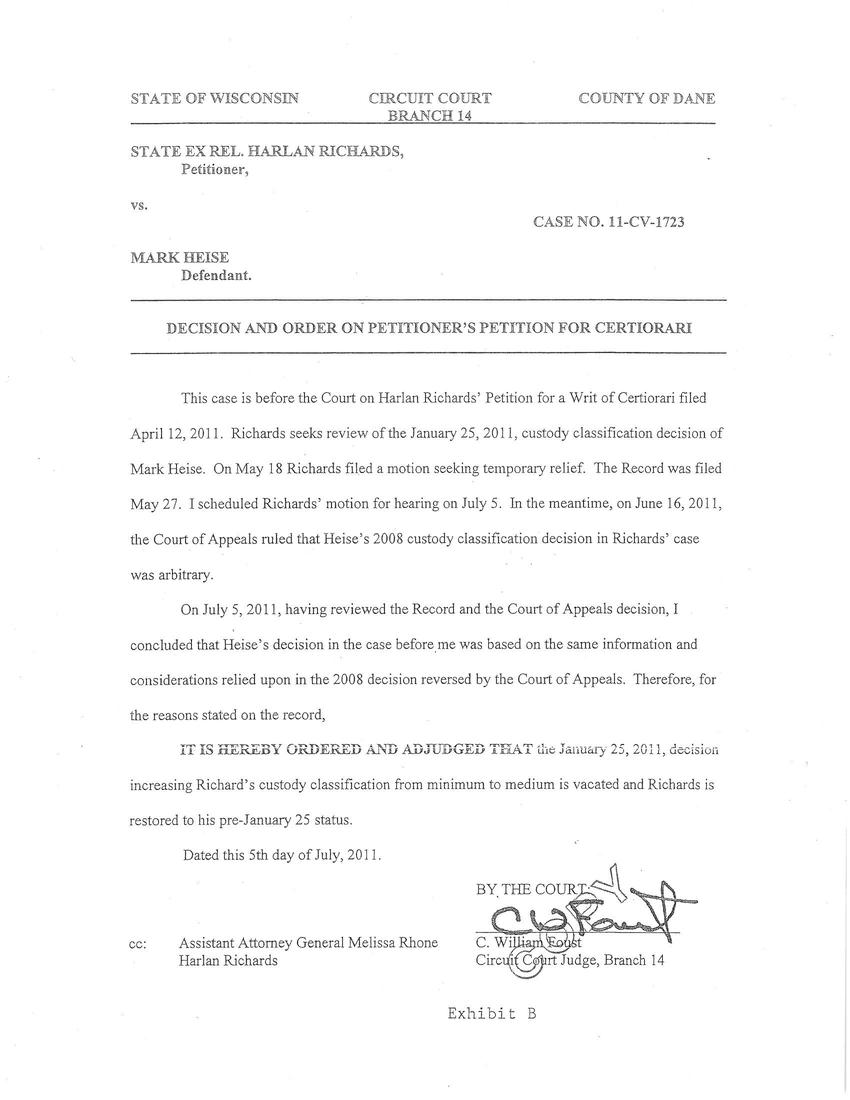

Replies (1)
I went a little out of order with your posts and just did this most recent one. It was just there so I banged it out.
However, the associated court brief PDF was not transcribed here. I am not sure of what issues are associated with converting those types of documents. Probably important to keep things like that intact and in original form.
It is still available in your original post and I made note it in the transcription. joe